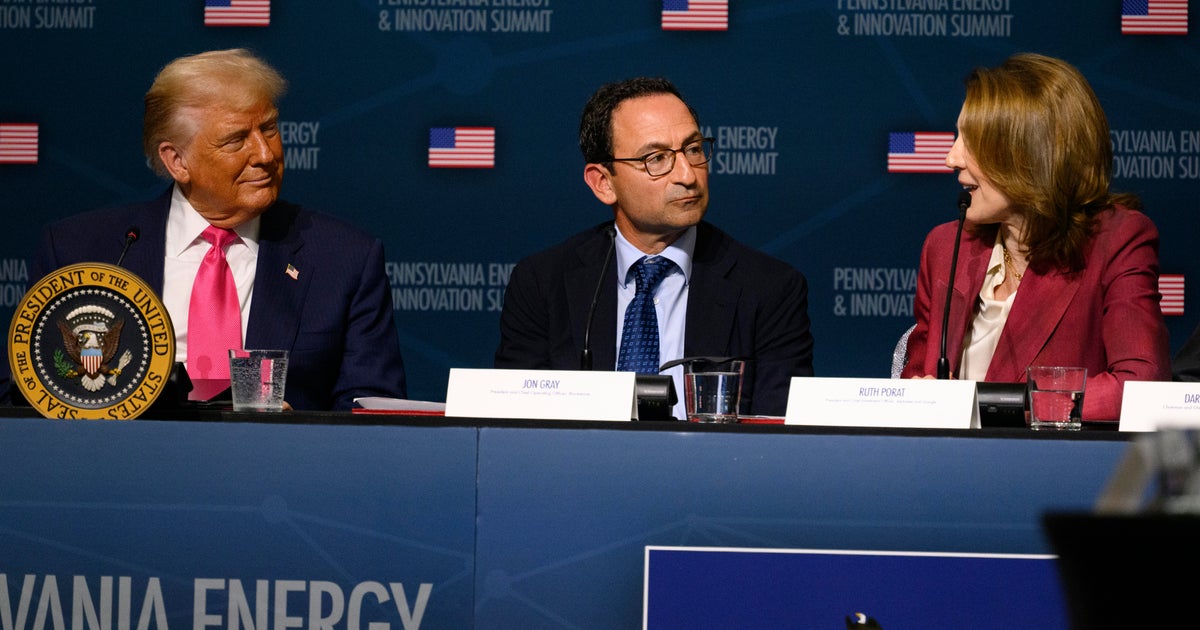After message protests Trump, Carnegie Mellon University temporarily closes The Fence
The Fence at Carnegie Mellon University has become a staple for students to display messages on campus.
Whether it be advertising their organization or giving a take on current events, it has served as a way to express their speech. But in a letter to students, CMU President Farnam Jahanian said The Fence is closing after a recent message protesting President Trump.
The Fence sits as just a white fence now in the center of the campus. No messages, no pictures, just a plain fence. This comes after "no rapists on our campus" was painted during the AI and energy summit at Carnegie Mellon on Tuesday.
CMU's administration decided to paint over it and close it until sometime next week.
"It strikes me as very uncharacteristic and concerning to see that they've made the decision to censor speech on campus," said Anthony Cacciato, a CMU senior and member of the College Republicans.
Cacciato said CMU has championed free speech, and this goes against it. While he didn't agree with the message, he says students had a right to say it.
River Sepinuck, a junior at CMU and communications chair of the College Democrats, said it's disappointing the university is censoring students. His group met with university leadership about The Fence.
"Unfortunately, [Jahanian] spent most of the meeting talking down to us, which we were disappointed by. We were hoping to get some form of concrete action about the change in policies surrounding The Fence," Sepinuck said.
Earlier in the week, "protest the summit" was written and protected by the school with space for the students to address their concerns about Tuesday's event. In a message from the university's president, he says CMU supports peaceful protest, public dissent, and the exchange of ideas. It goes on to say that after messages equating Nazism, Zionism and Hindutva earlier this year and this latest message, the school is looking at how to move forward.
"It would be a great disservice to the culture on campus and the students on campus to go back and renege on this commitment to free speech that has been a cornerstone of how Carnegie Mellon has conducted itself in the past," Cacciato said.
Jahanian's letter says recent years have seen more messages disconnected from "meaningful dialogue." Cacciato said once messages are allowed back, no one should feel a chilling effect to say their thoughts. Sepinuck says there is most certainly a chilling effect moving forward.
"Knowing that just by unilateral decision, that President Jahanian can say, 'I don't like and I'm going to paint over it,' it makes us more hesitant to paint on The Fence," Sepinuck said.
According to CMU, it looks to reaffirm the purpose of the tradition. No word on when next week messages may resume.



